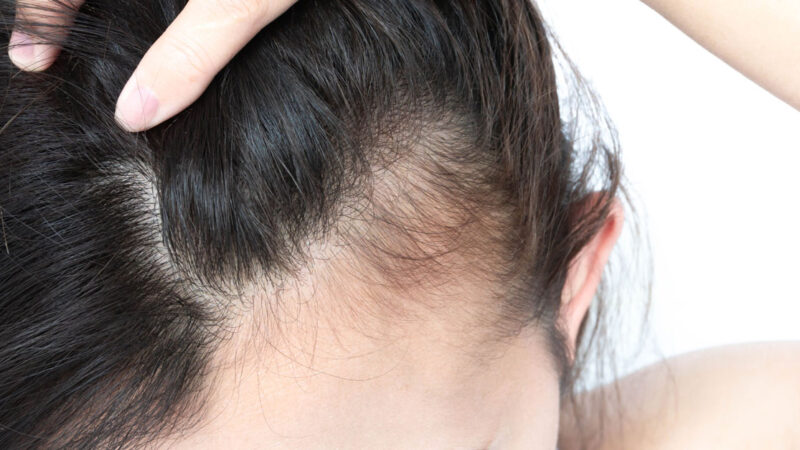What are the effects of alcohol abuse and withdrawal on you?
Wine, beer, and spirits all include alcohol, which is a chemical molecule. When yeast ferments or breaks down the sugars in foods like grapes, apples, and cereals, it produces it.
Alcohol functions as a stimulant substance in smaller dosages, enhancing sociability and feelings of euphoria. It operates as a depressant on the central nervous system, affecting coordination, slowing reflexes and breathing, distorting vision, altering judgment, and producing memory lapses or blackouts in high dosages.
What Is the Definition of Alcohol Abuse?
While having an alcoholic beverage every now and then is unlikely to lead to addiction or have serious bodily consequences, many people participate in dangerous drinking habits such as binge drinking and heavy drinking on a regular basis. Too much alcohol may be harmful to one’s health and lead to addiction.
Alcoholism is a disease
While it is possible to abuse alcohol without becoming addicted, alcoholism is the most serious form of alcoholism. This is a minor to severe disorder characterized by an inability to regulate one’s drinking habits. As the brain grows habituated to the presence of alcohol, it begins to accept the inebriated state as normal. As a result, the person begins to believe that he or she is unable to operate without a drink.
Occasionally, the person accepts his or her addiction and attempts to overcome it. Unfortunately, the brain has become reliant on alcohol at this stage, and depriving it of it abruptly might induce a brain shock. Extreme cravings and withdrawal symptoms characterize this shock. In the majority of situations, the person gives in to their cravings and begins to drink more than they have in the past. This may be a positive thing depending on the severity of the addiction, since it prevents the person from experiencing life-threatening withdrawal symptoms.
What is Alcohol Withdrawal and How Does It Affect You?
When someone is addicted to alcohol, they sustain a persistent high by drinking whenever their degree of drunkenness begins to fade. They do this to preserve bodily and emotional equilibrium, which is now provided by the alcohol. Alcohol stimulates the creation of dopamine, a “feel good” neurotransmitter, when it is present in the brain. Dopamine is normally created as a result of physical activity or the consumption of pleasurable foods, but alcohol causes the brain to produce excessive amounts of this neurotransmitter. As a result, once the alcohol has left the body, the person will experience withdrawal symptoms.
Detoxification from Alcohol
For persons battling with alcohol addiction, a professionally managed best alcohol addiction treatment in Pune is generally the best solution. This is a service that involves the use of medicines to simulate the effects of alcohol. A professional caregiver administers the doses, which are gradually lowered over time. This allows the person to gradually experience more regulated and moderate withdrawal symptoms.
Cravings are also managed to assist the individual in adjusting to sobriety. Caregivers keep an eye on the patient for any medical issues that may occur during therapy, as well as to assess his or her progress.





